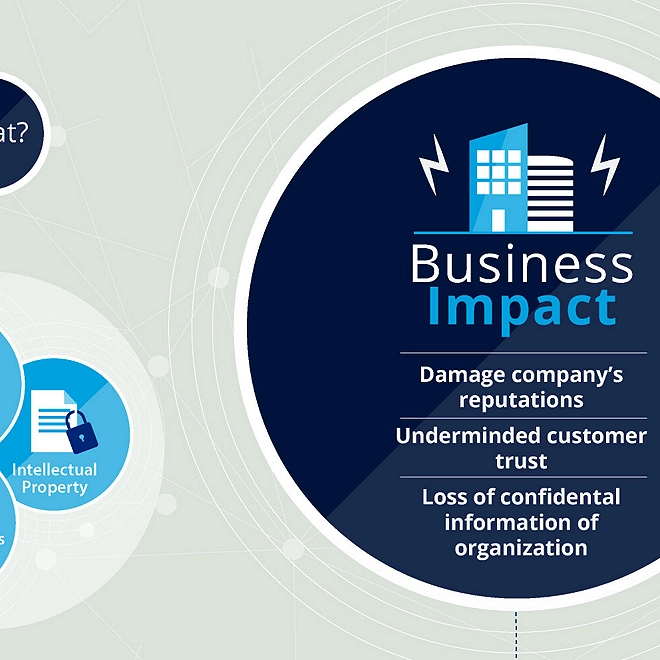Risk culture and ethics
Enabling responsible business practices
The challenge
Over the past decade, there has been an increasing focus from regulators on organisational culture. Recent events in financial services across the globe have clearly demonstrated that culture plays a critical role in misconduct, poor risk management, poor treatment of customers, and significant reputational damage.
Our solution
A strong and ethical culture not only prevents misconduct; it enables organisations to thrive. It requires a clear and consistent tone from the top and builds capability in good decision making, while providing an environment to safely challenge. Ethical culture requires every person in the organisation to understand, in the words of Lieutenant General David Morrison: The standard you walk past is the standard you accept.
An organisation’s culture plays a critical role in achieving its strategy and in the types of risk its exposed to. Organisations have the opportunity to be proactive in shaping their culture, drawing on insights from financial services, such as the importance of strong tone from the top, values-aligned behaviour, accountability, communication and challenge, and alignment of incentives with the desired culture.
Building a sustainable and considered culture that aligns with an organisation’s strategy, risk appetite and organisation’s purpose and values are foundational elements to driving the right decisions, behaviours and actions at all levels of the organisation.
Culture drives conduct
Many people define culture as the ‘way we do things around here’, often thinking of culture as being synonymous with staff behaviour.
Culture is more than just the behaviour of people. Culture shapes the way policies/processes are designed and operate, guides how divisions are structured, determines what information is communicated (and what is not), frames decisions to avail or constrain resources, and in particular drives who gets promoted and rewarded.
All of these organisational characteristics, and they ways they interact and accumulate, directly influence conduct-related outcomes such as employee fairness, customer best interest, transparent and efficient markets, or equitable treatment of suppliers.
Risk culture is simply a lens on organisational culture
Culture plays a critical role in how organisations harness the types of risk it is exposed to or takes on. While risk is often seen as something to avoid or minimise, appropriate risk-taking is critical for innovation and performance.
A strong and positive risk culture is evidenced when people instinctively do the right thing, particularly where day-to-day work pressures are exerted or policies may be unclear on the right course of action. Conversely, aspects of culture may be inconsistent with risk management expectations or perpetuate risk-aversion in decision making.
Risk culture encompasses all risk classes managed through an organisations risk management framework (i.e. includes conduct risk).

